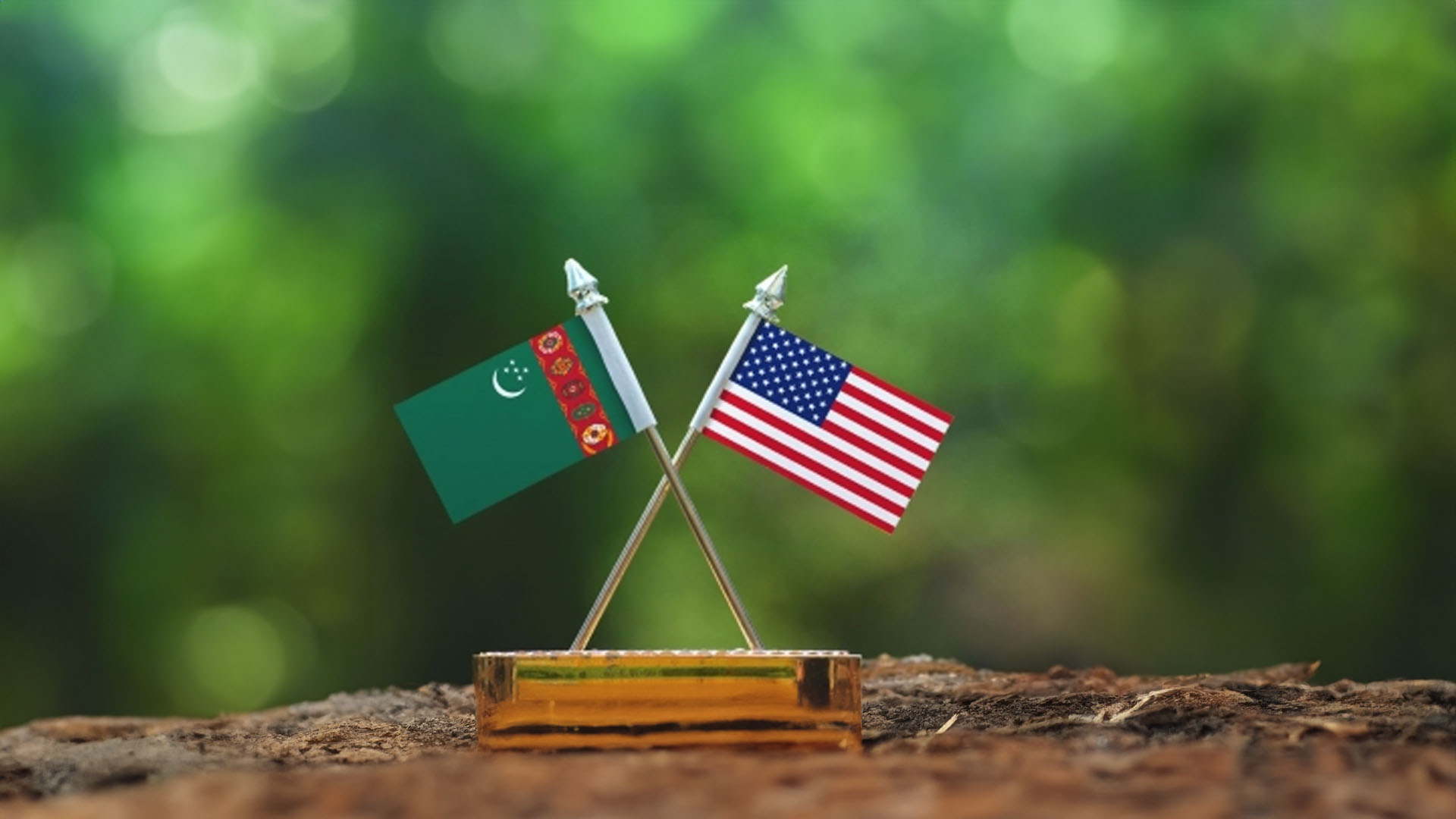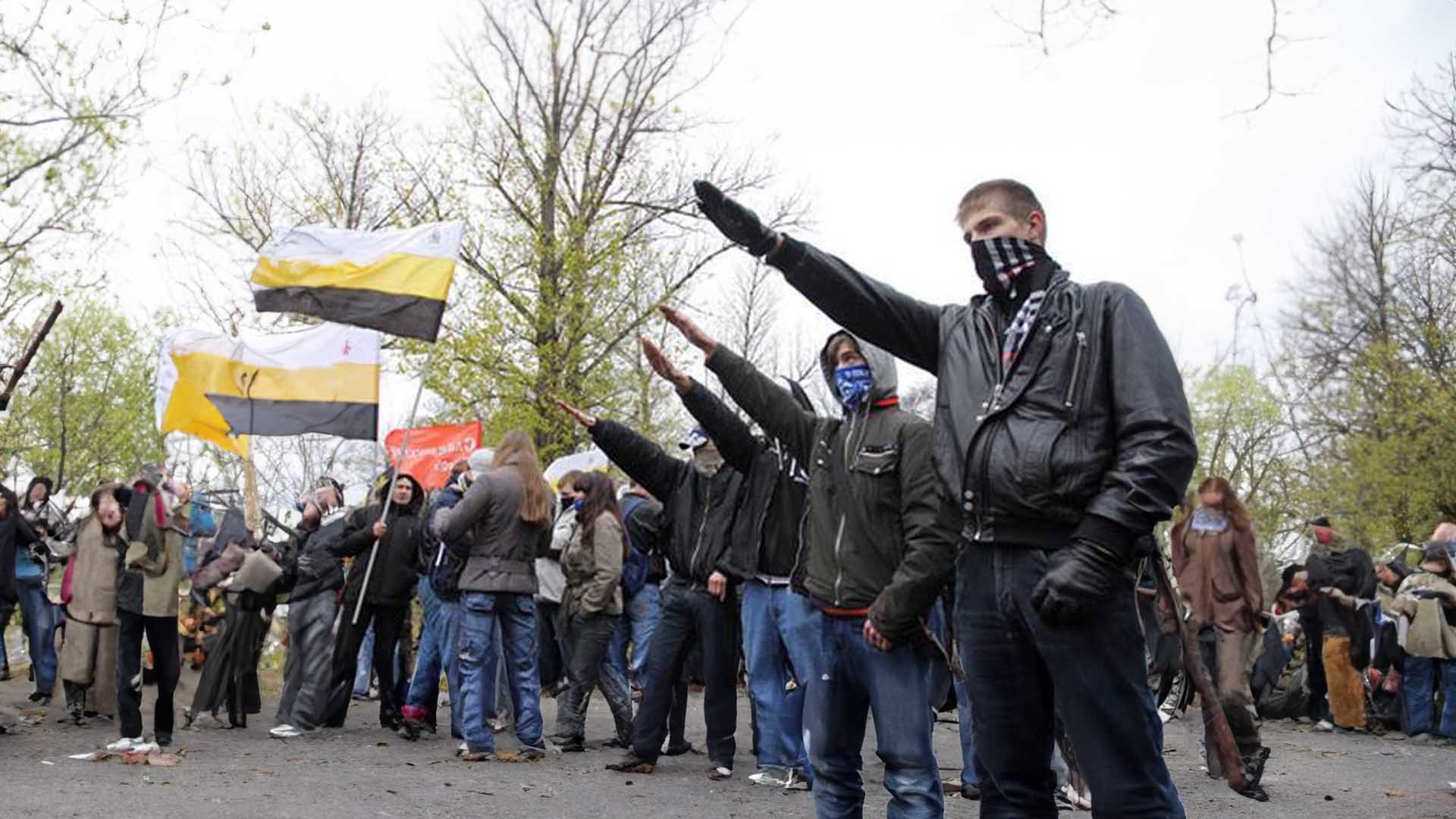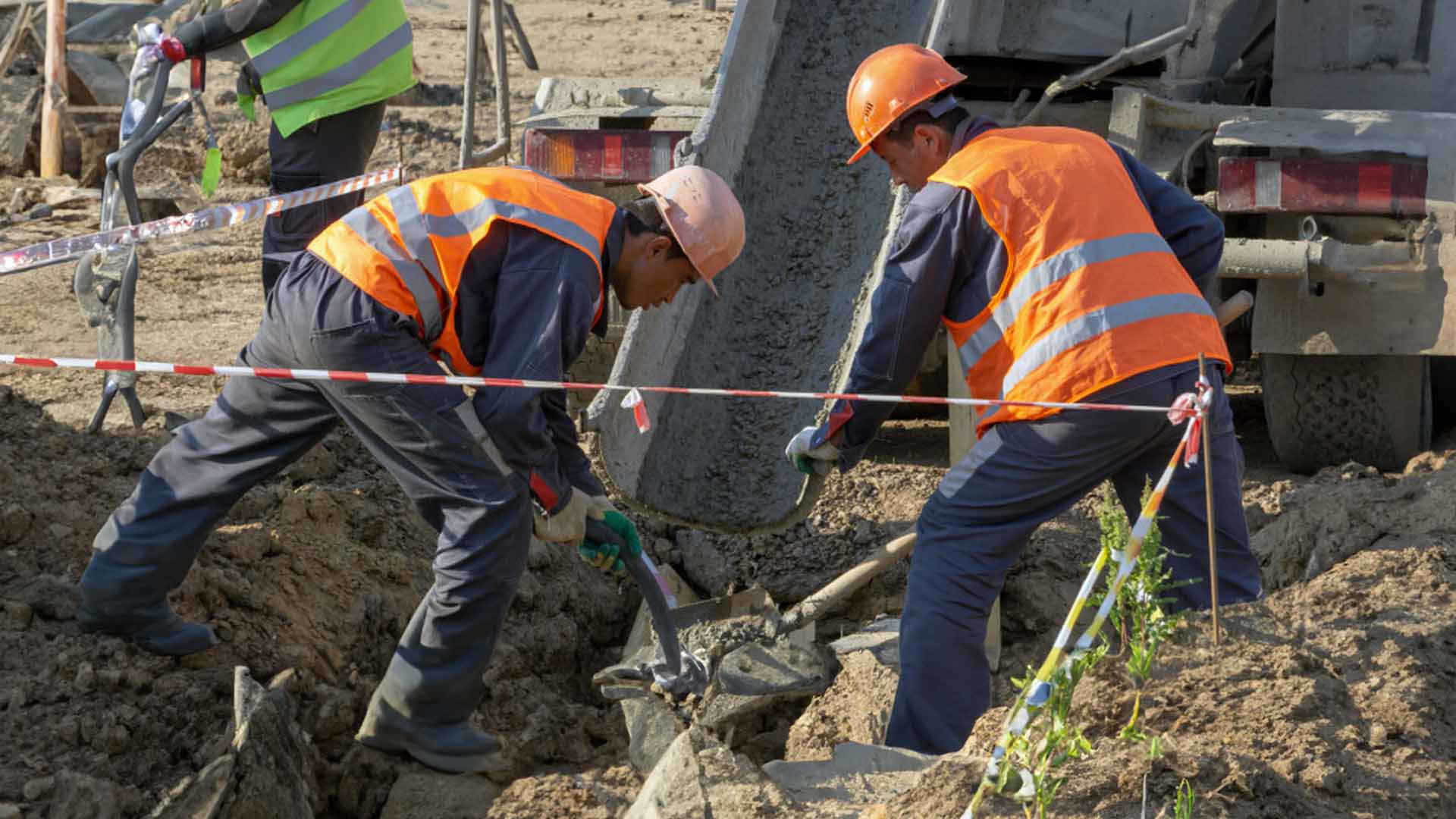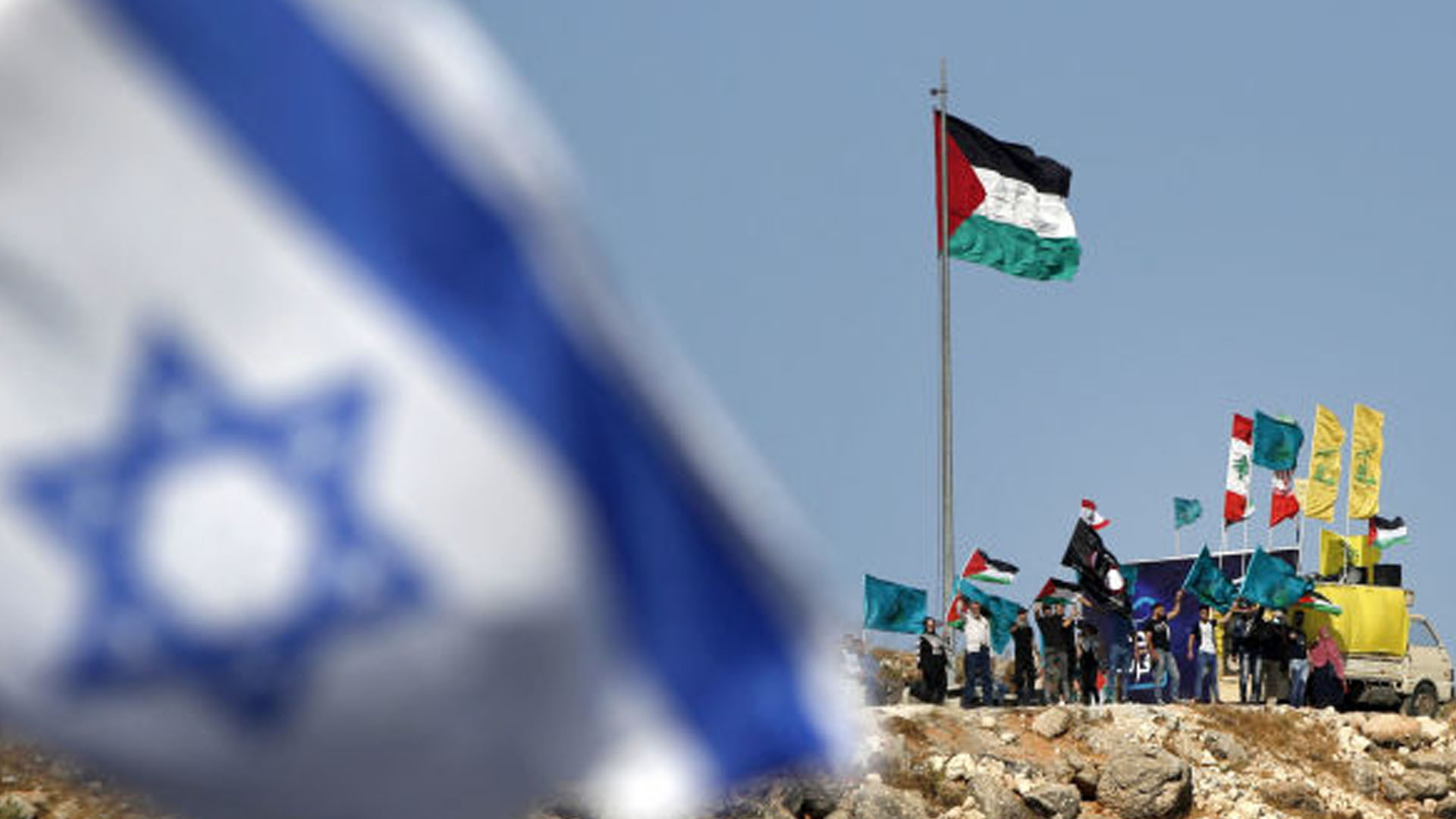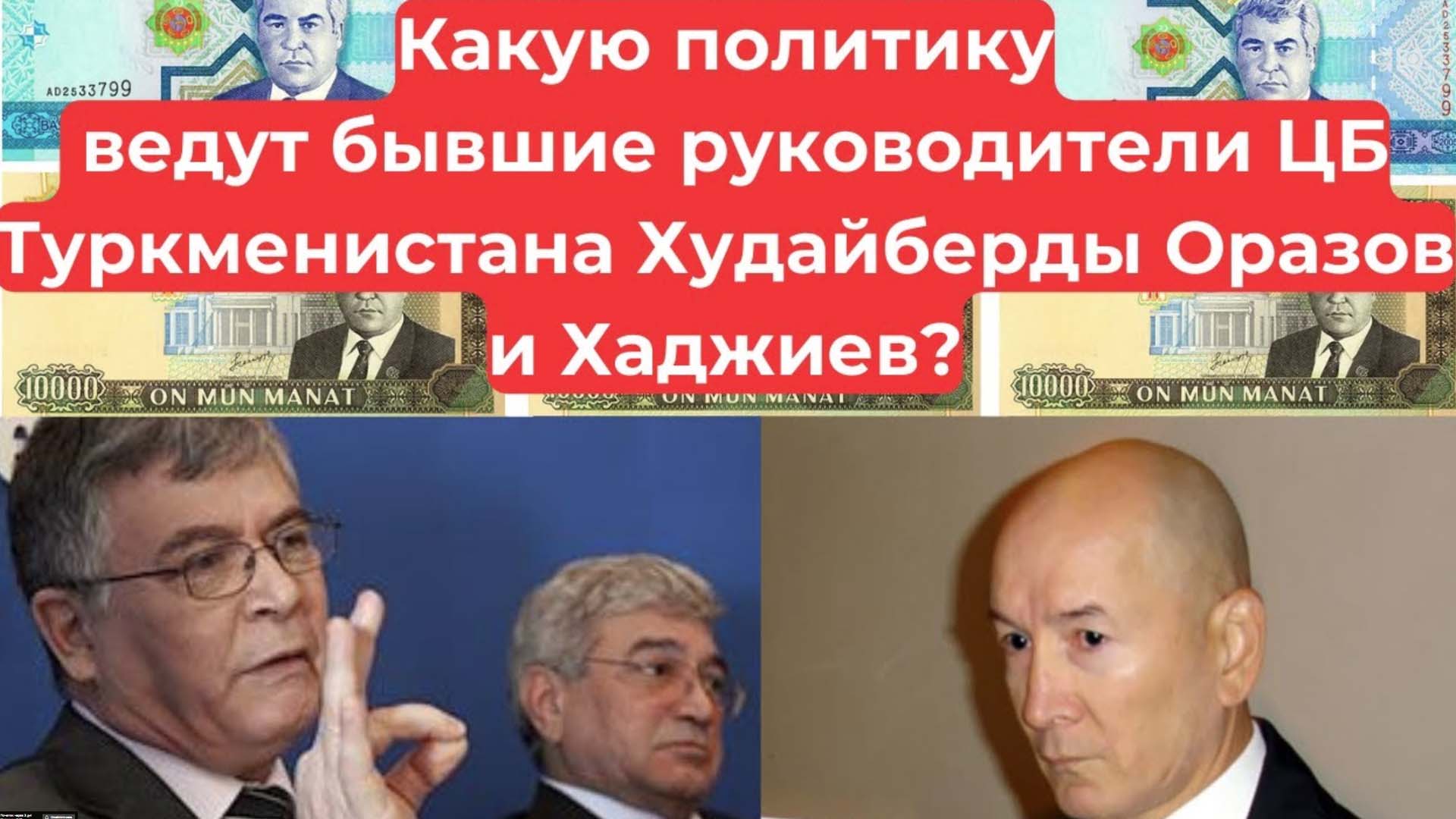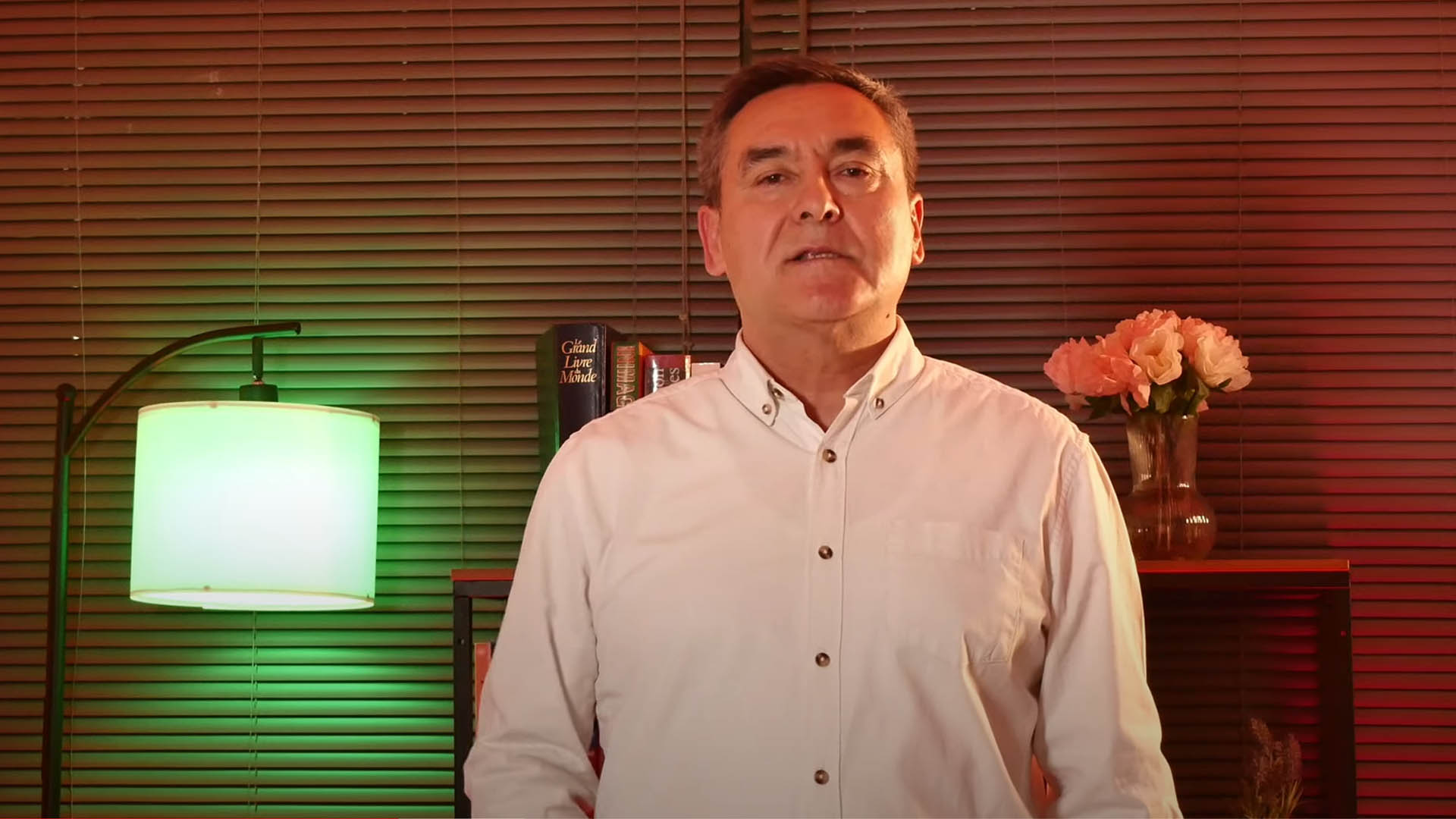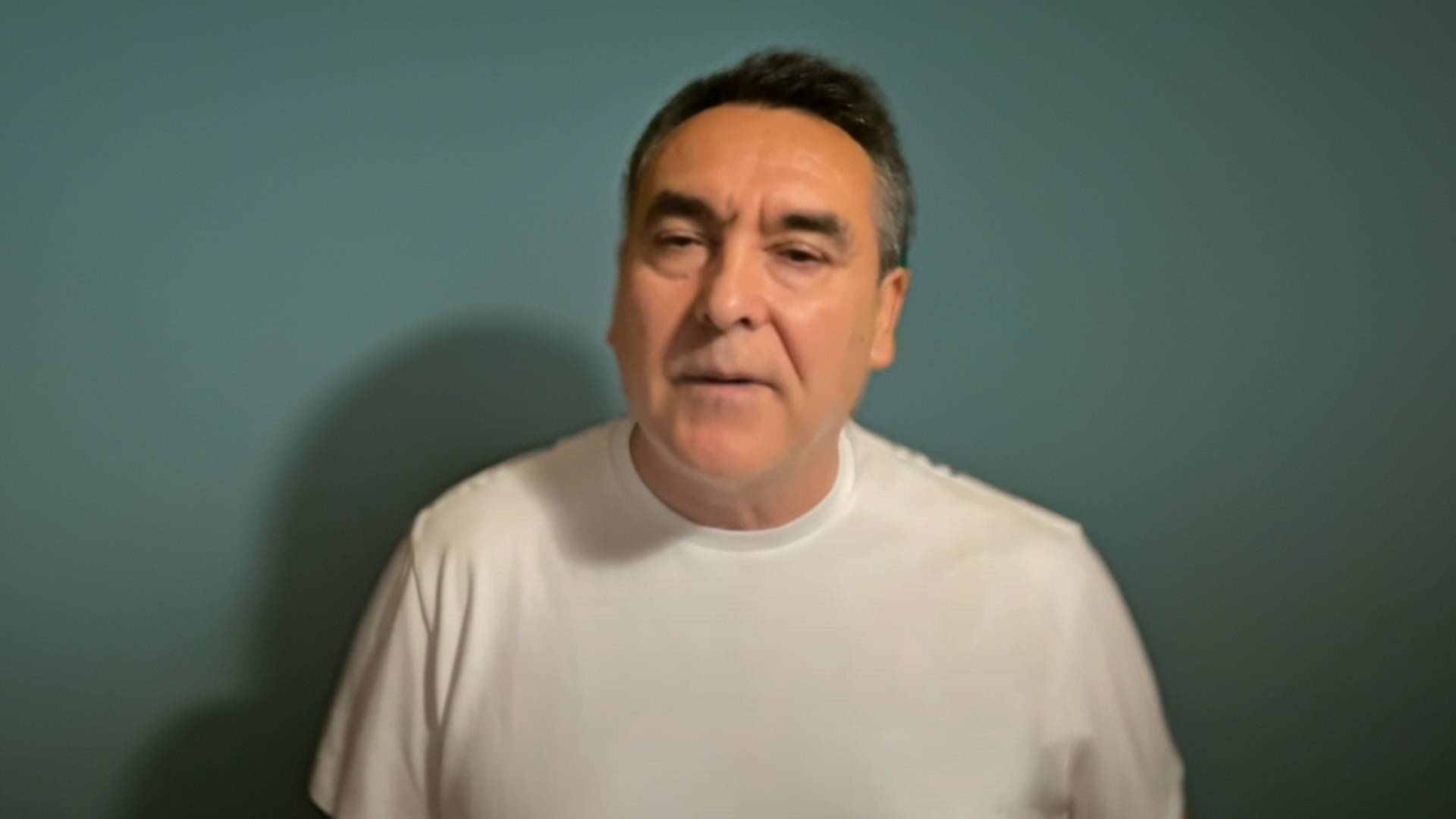In the Bukhara Regional Criminal Court, since November 28, the trial on the events in the Karakalpak Nukus on July 1-2, which were provoked by President Mirziyoyev’s attempt to restrict the rights of the “Sovereign Republic of Karakalpakstan as part of the Republic of Uzbekistan” continues.
Earlier, the Supreme Court of Uzbekistan announced charges against 22 defendants, whom the authorities accuse under several articles of the Criminal Code. These are: “organization of mass riots”, “conspiracy to seize power or overthrow the constitutional order”, “complicity in intentional grievous bodily harm”, “hooliganism”, “robbery”, “illegal possession of firearms, military supplies”; “production, storage, distribution or demonstration of materials containing a threat to public safety security”, “embezzlement by embezzlement or embezzlement and others.
https://www.gazeta.uz/ru/2022/11/28/accusations
The reason for the protests in Karakalpakstan (which occupies 40% of the territory of Uzbekistan, where a little more than 5% of the country’s population lives) was the publication in June of this year of a draft new Constitution. One of the amendments deprived the autonomous republic of the formal right to hold a referendum on secession from Uzbekistan. The prospect of holding it in the foreseeable historical perspective was considered extremely unlikely even among the convinced “separatists”, however, Tashkent’s attempt to take away this purely “paper” sovereignty served as an impetus for the release of the accumulated discontent of people.
Shavkat Mirziyoyev, who has been in power for six years, started changing the Basic Law solely to “reset” his presidential term (which was previously increased from 5 to 7 years) and be able to run for a third consecutive term (with the possibility of ruling for another plus 14 years). So to say, according to the precepts of the previous head of Islam Karimov, who ruled in this way for 27 years until he died in 2016.
However, Mirieev’s plans did not consist of joining the same series of bloody dictators as his predecessor, whose name was forever tarnished by the bloody massacre of hundreds of protesters in the city of Andijan in the Fergana Valley in 2005.
Therefore, after the protests began, the president of the country promptly withdrew the “Karakalpak amendment”, personally came to the autonomy, and publicly “turned the arrows” on local deputies who, they say, “incorrectly informed him” about the true sentiments of the local people.
The protests were suppressed and quieted down. Only according to official data, 22 people were killed (including 4 security officers), more than 270 were injured, and over 500 were detained.
And Tashkent faced a difficult domestic political and, at the same time, foreign policy task. When investigating the events, preparing and conducting the trial, he had to look back — both at the mood of the local population (in order not to provoke new unrest with the usual mockery of justice for Central Asian dictatorships), and at the West (to which Mirziyoyev has recently been trying to appear as a kind of progressive champion of democratic reforms in the state).
Moreover, on 4 July European Union https://www.gazeta.uz/ru/2022/07/04/european-union, and the next day after him, the United States called on the authorities to conduct a “full, credible, and transparent investigation” of the tragic events https://fergana.agency/news/126859. At the end of November, Washington once again recalled that they were monitoring the trial that had begun and called on the government of Uzbekistan to fulfill its obligations regarding public transparency, as well as to hold law enforcement officials accountable if they violated laws.
https://www.gazeta.uz/ru/2022/11/28/us.
And judging by the investigation by Human Rights Watch, they violated it. Referring to the medical analysis of video and photo evidence, the experts of the human rights organization refuted the authorities’ claims about the use of non-lethal weapons to suppress protests https://rus.azattyq.org/a/32120279.html They believe that Uzbekistan “unjustifiably” used force during the riots and demands that those responsible be held accountable for the repression. According to their conclusion, despite documented cases of violence by protesters, the demonstrations were “mostly peaceful.” HRW refutes the authorities’ claim that the response measures were proportionate, and condemns “the misuse of small arms and various types of grenades, weapons that can cause serious injury and lead to the death of people when used recklessly.”
Therefore, the official Tashkent is trying to maneuver and let things go on the brakes. The official Parliamentary Commission for the Investigation of the Karakalpak events recently once again recalled that 107 accused citizens have already been released by the Prosecutor General’s Office “under public guarantee and house arrest at the suggestion of the commission members and the petition of the Parliament of Karakalpakstan based on the principle of humanism”
https://www.gazeta.uz/ru/2022/11/01/karakalpakstan/
However, the Uzbek authorities have not abandoned the persecution of political opponents. On November 14, the Kazakh Border Service detained the Karakalpak activist Tleubike Yuldasheva while trying to enter Russia from the Aktobe region, because Tashkent declared her wanted https://rus.azattyq.org/a/32129458.html.
There are still chances that the arrested person will still receive political asylum abroad https://ulysmedia.kz/news/16114-arestovannoi-v-aktobe-karakalpakskoi-aktivistke-mogut-vydat-status-bezhenki/ Human Rights Watch in mid-October called on Kazakhstan to prevent the extradition of several activists of the Karakalpak diaspora to Uzbekistan
https://www.hrw.org/ru/news/2022/10/14/kazakhstan-dont-deport-activists-uzbekistan.
As for the prospects of Uzbekistan’s fair punishment of the security forces based on the results of an independent investigation, there are big doubts. As can be seen from the example of even more “free” neighboring Kazakhstan, the central authorities in every way help their police and military officers suspected of crimes during the dispersal of the January protests to evade criminal responsibility.
There is only hope that the attention of the West to the process in Karakalpakstan will not allow the Uzbek authorities to make frankly unfair judgments against the defendants in the criminal case. solutions.
08.12.2022


